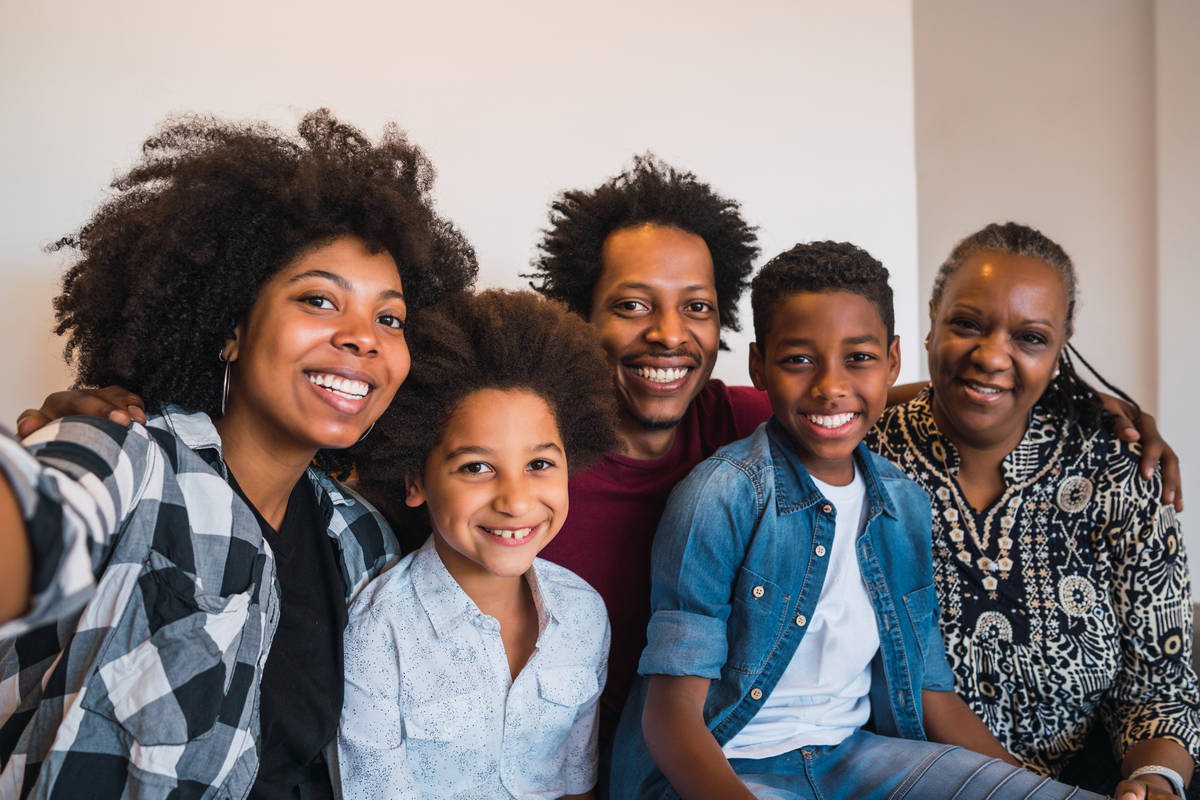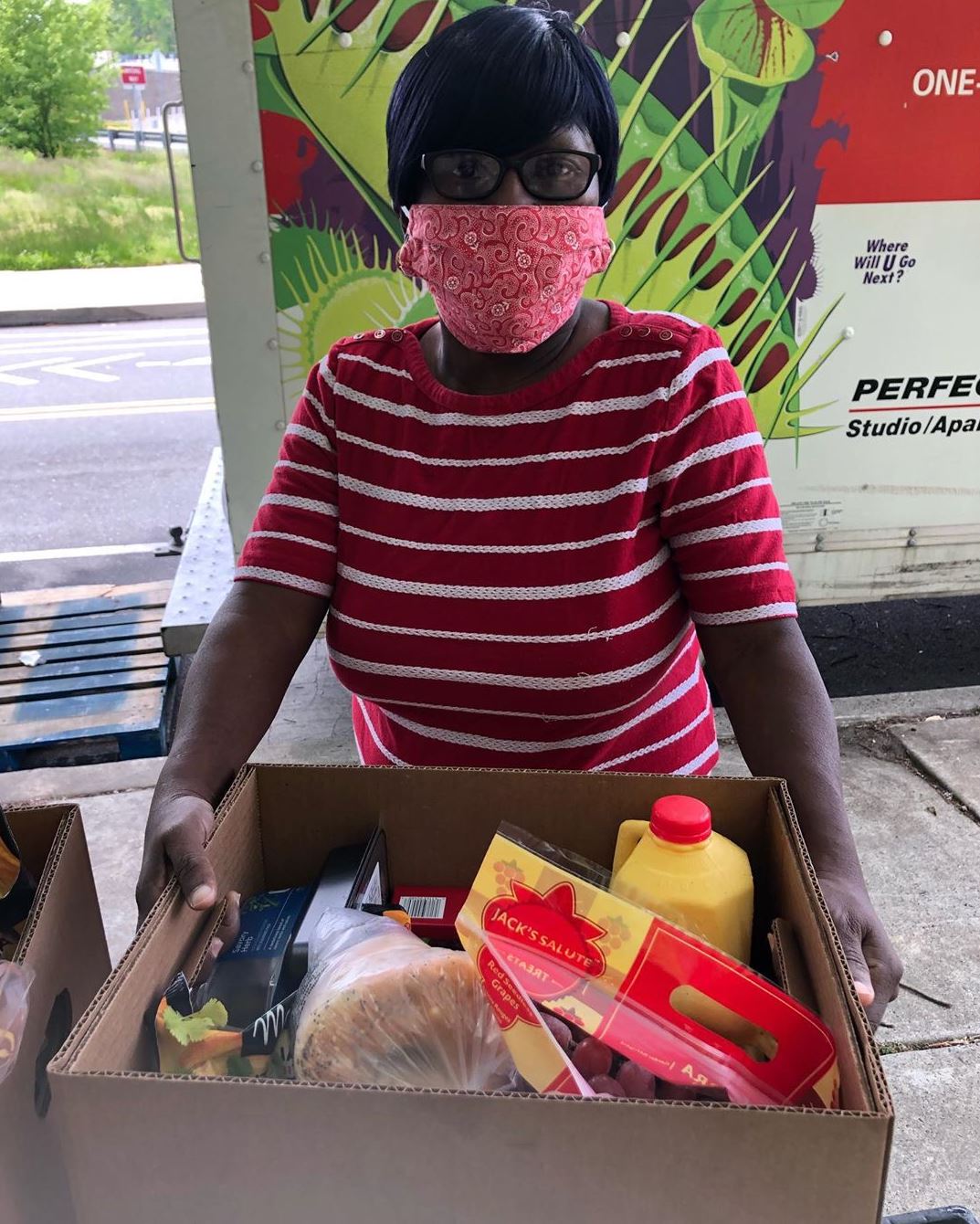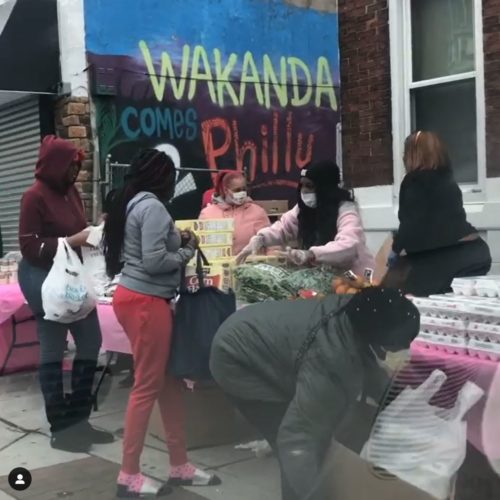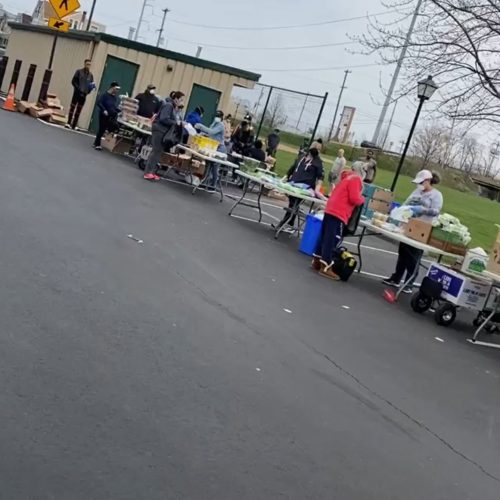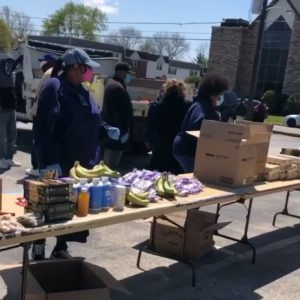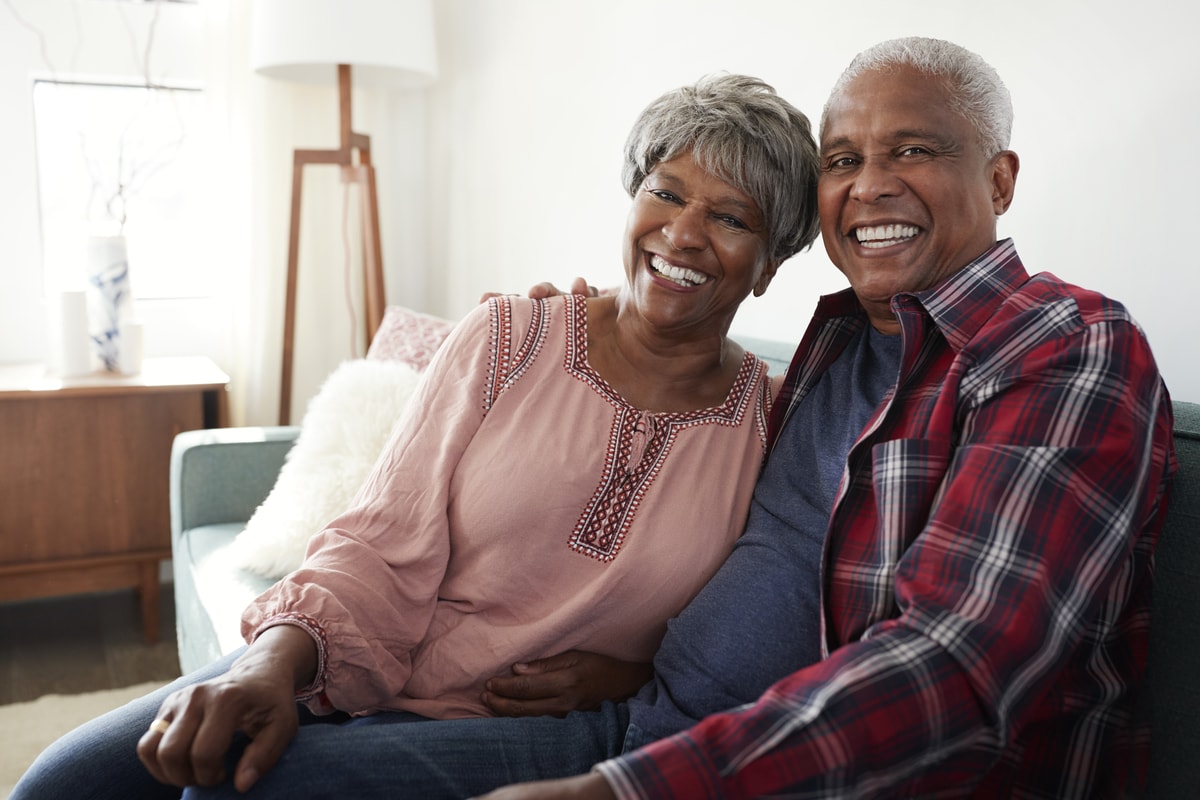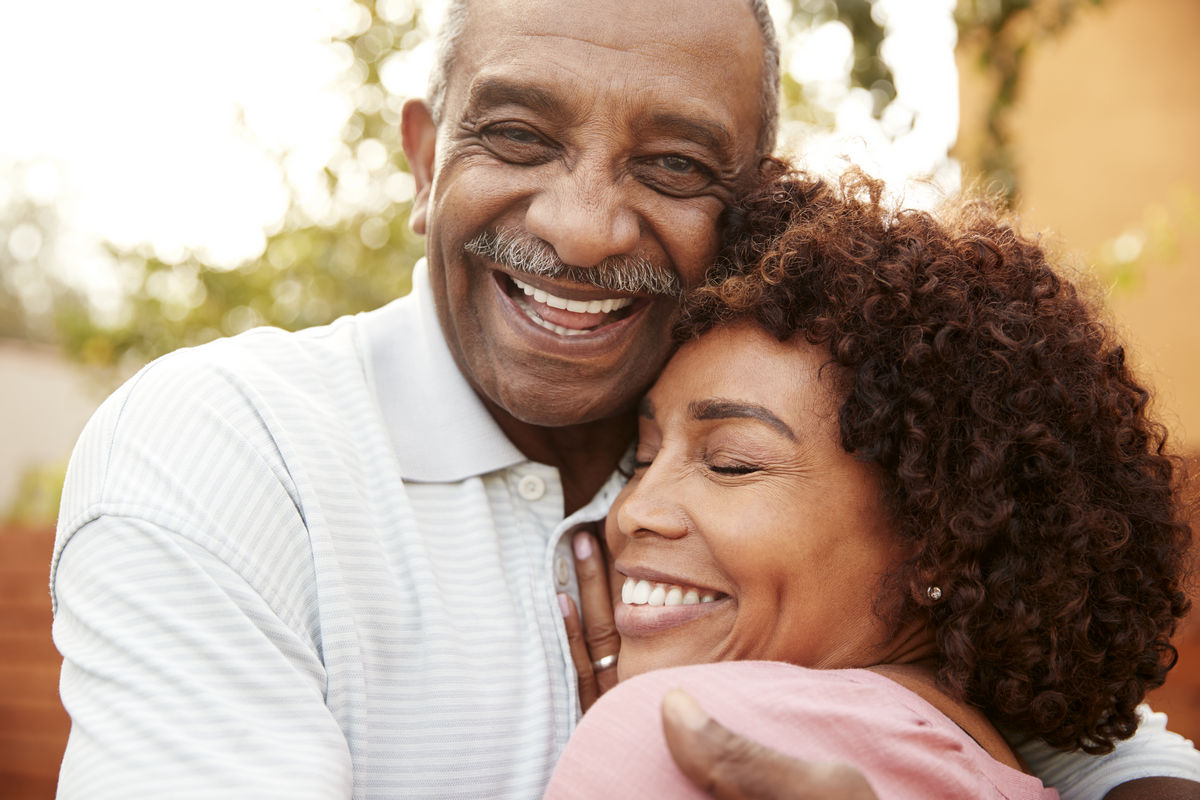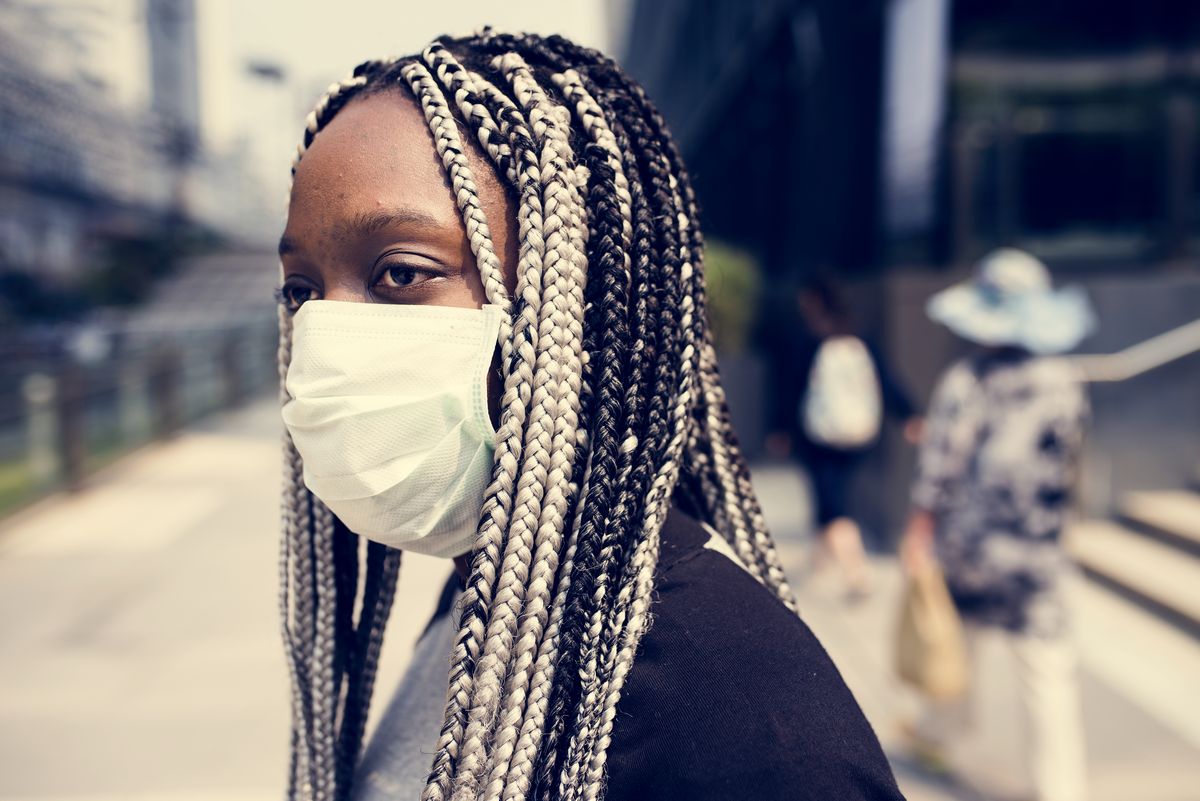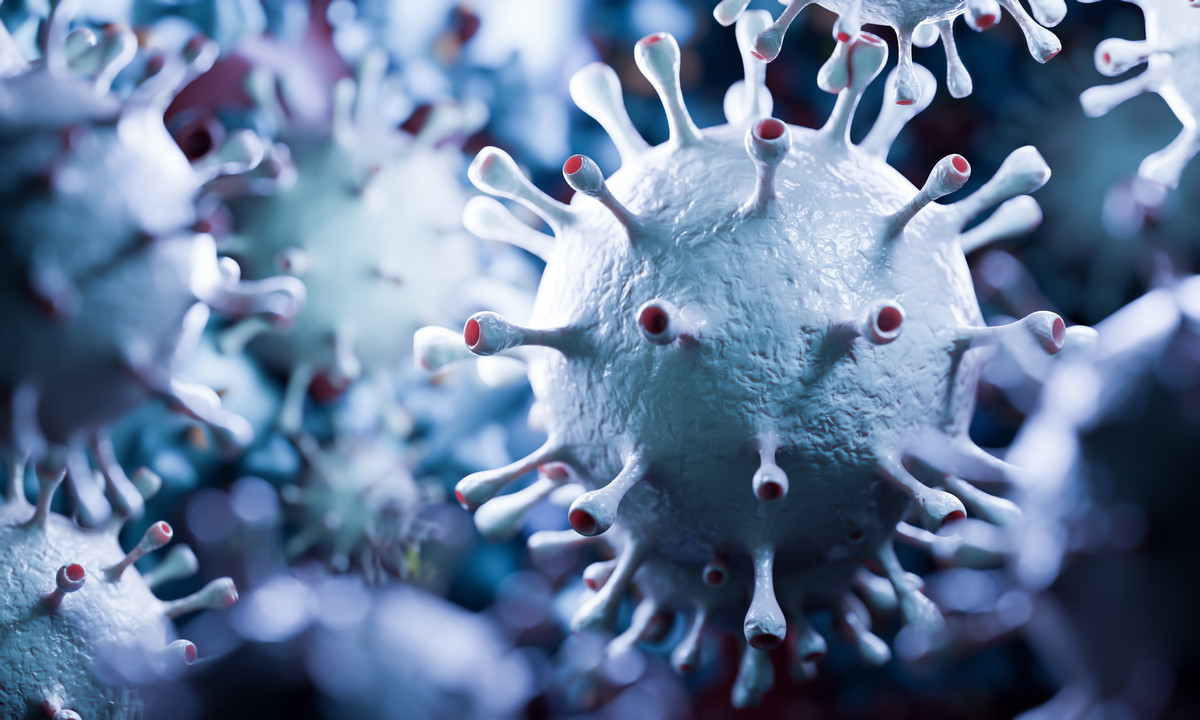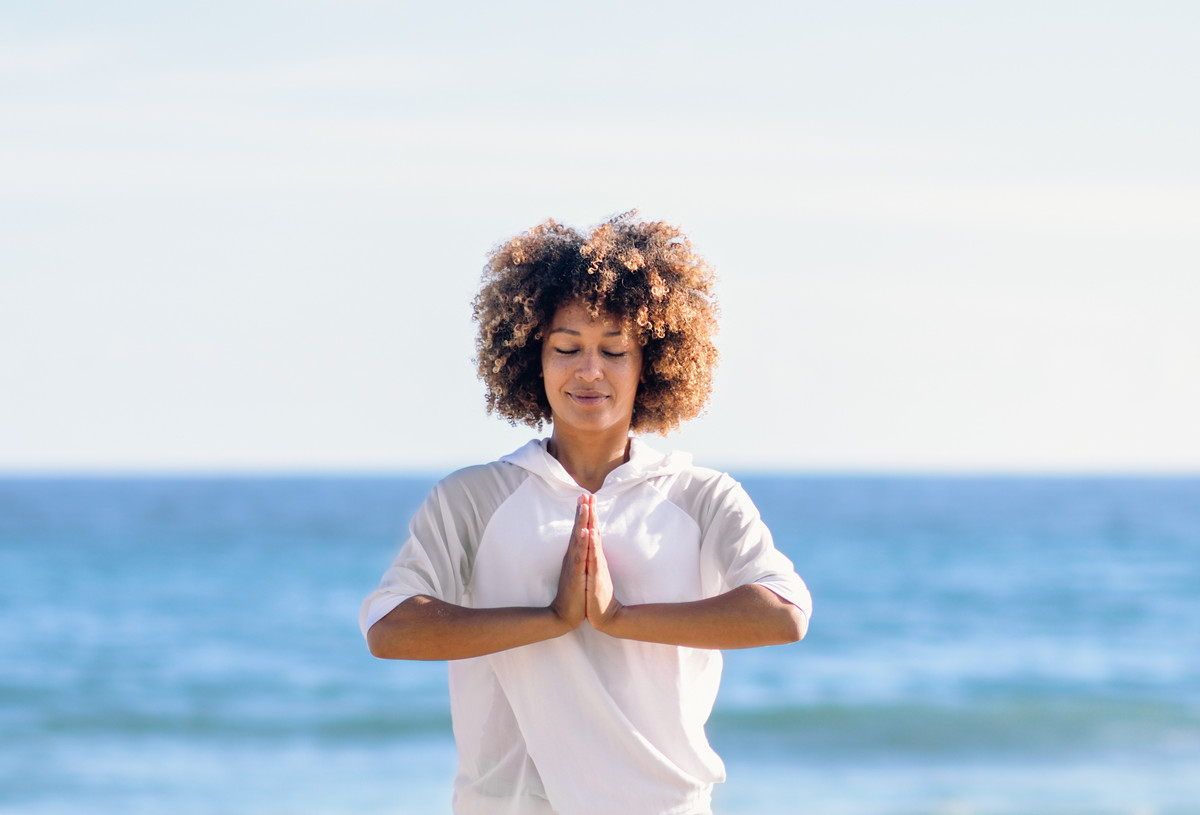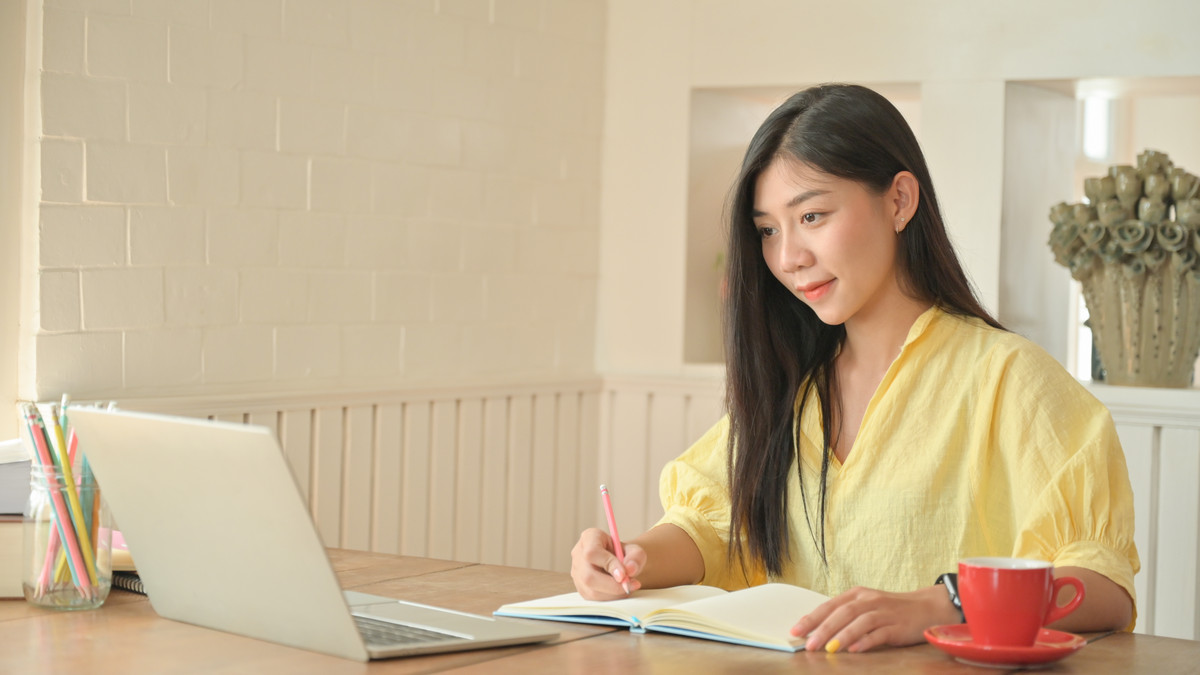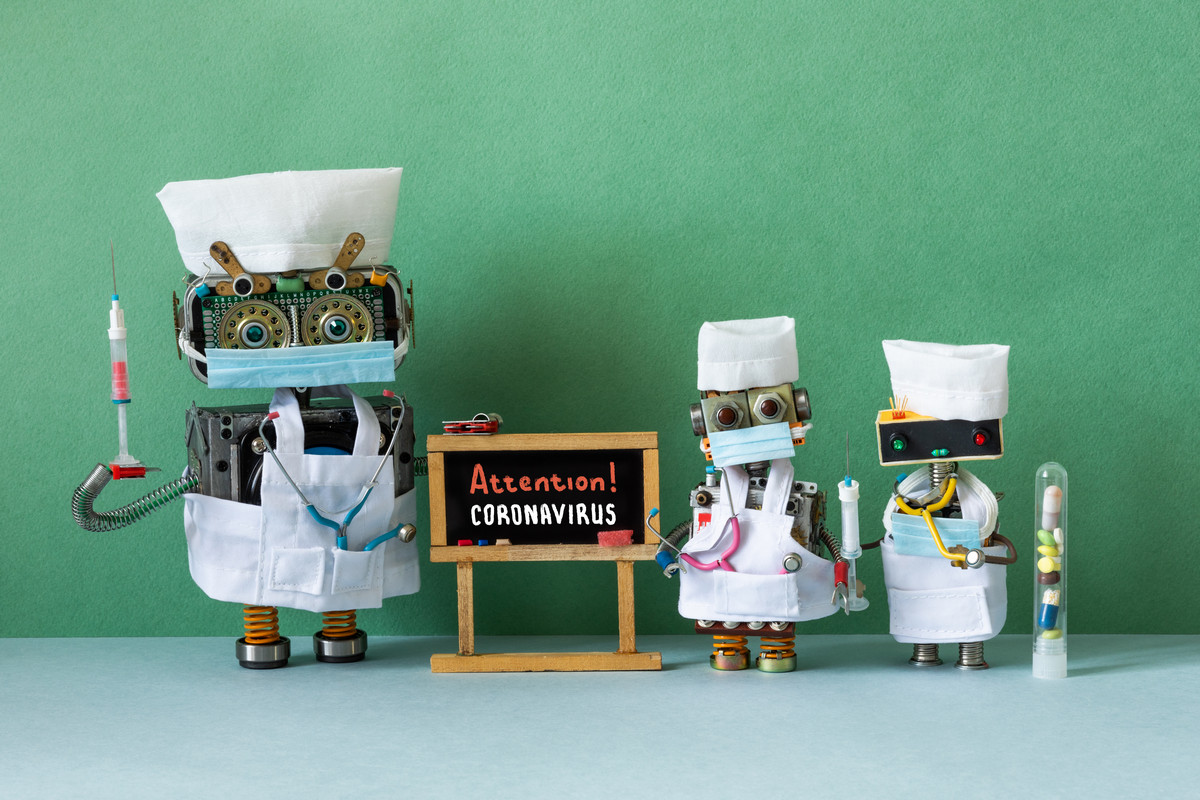With so many heads turned toward the actual COVID-19 virus, the number of deaths caused by other indirect factors has received little to no attention.
Unfortunately, a large percentage of deaths during the pandemic have actually been caused by conditions other than the virus itself. Albeit, not unrelated to the virus.
With all hands on deck dedicated toward helping those immediately affected by COVID-19, fewer resources have been available to those in need of other types of care. Many seniors have suffered from not getting fast enough medical attention, as well as from lack of emotional and financial support.
The struggles have been especially hard for seniors who live alone and rely heavily on friends and family visiting. While social distancing has been a successful precaution against the virus, it has also caused many dilemmas for seniors who need help with daily activities.
In light of these deficiencies, many organizations and outreach groups have stepped up to give a lending hand to seniors in need. From grocery shopping to social phone calls, individuals have been working hard to ensure that our seniors stay safe and secure.
Supporting the Senior Community of Philadelphia
One such group that has persevered in its assistance for older adults is the leading home care agency – AmeriBest Home Care. Located in the heart of Philadelphia, AmeriBest has done nothing but focus on caring for its older adult community during the pandemic.
Here are just a few of the ways in which AmeriBest Home Care continues to care for its seniors and its caregivers.
Continual support for clients.
As an essential business, AmeriBest Home Care has been open and functioning throughout the entirety of the pandemic. AmeriBest’s caregivers have worked tirelessly to find careful and innovative ways of serving their clients in order to ensure that those in need still receive the medical and emotional help they require. AmeriBest caregivers continue to help seniors with acquiring food, medical supplies, medical treatments, doctors’ appointments, as well as help with everyday living activities.
Continual support for caregivers.
AmeriBest’s priority is not just its clients, but also its caregivers who give up so much to help those in need. Right from the start of the pandemic, AmeriBest’s administration dedicated its time to keeping caregivers in the loop with up-to-date information on the virus, as well as guidelines for how to handle COVID-19 situations that could arise with clients. AmeriBest continues to gather and share resources with caregivers to help them protect themselves and be the best caregivers they can be.
Taking COVID-19 precautions.
In order to ensure the safety of both caregivers and clients, AmeriBest Home Care has instructed all caregivers to wear personal protective equipment, wash hands for 20 seconds, use hand sanitizer, and to always be cognizant of coughing and/or sneezing into tissues and not touching their faces.
In addition to the above-mentioned precautions, AmeriBest Home Care also adheres to social distancing, increased office cleaning, the limiting of large social gatherings, and consistent monitoring of any and all virus updates.
For more information on how AmeriBest Home Care is taking steps to ensure the safety of seniors and caregivers alike, give us a call at (215) 925-3313.
We’re here for you.


